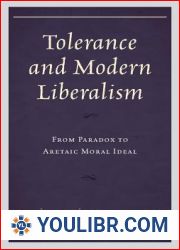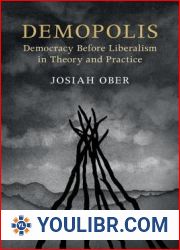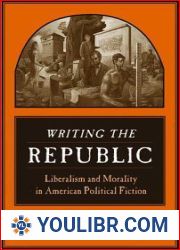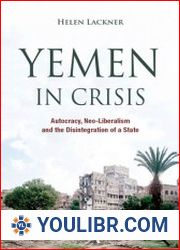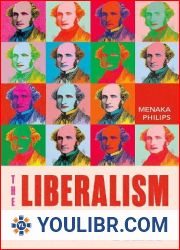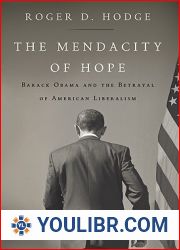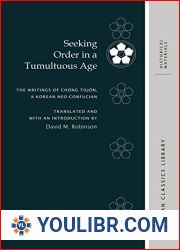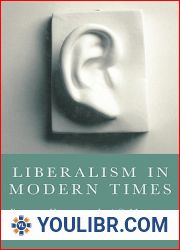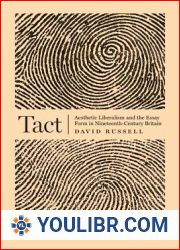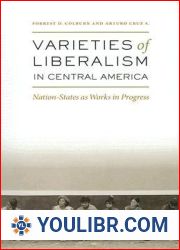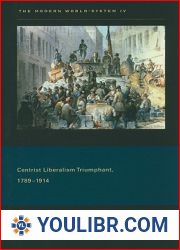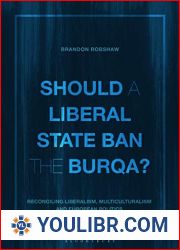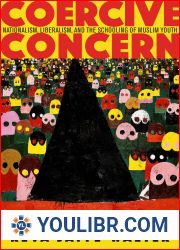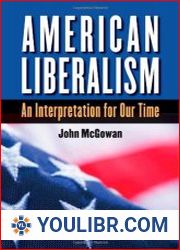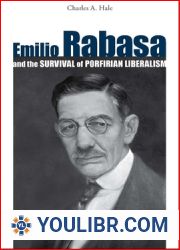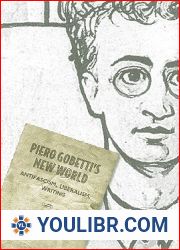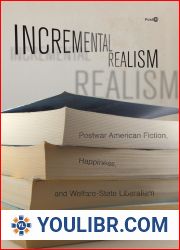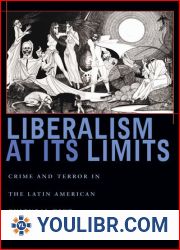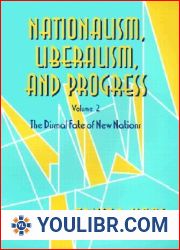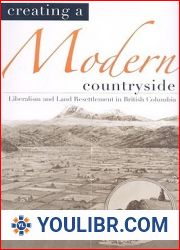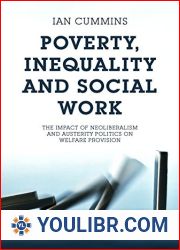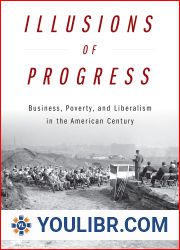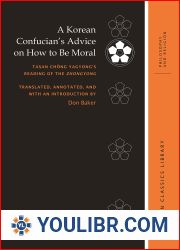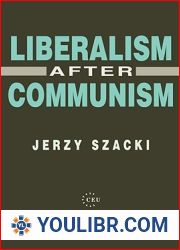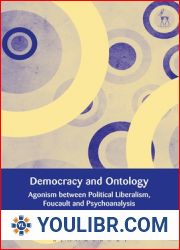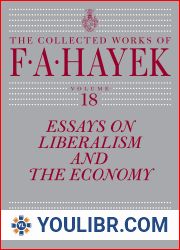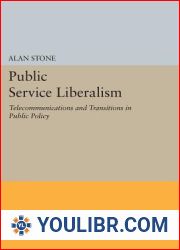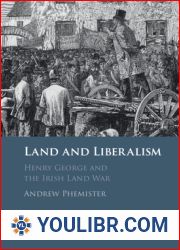
BOOKS - Confucian Liberalism: Mou Zongsan and Hegelian Liberalism (SUNY series in Chi...

Confucian Liberalism: Mou Zongsan and Hegelian Liberalism (SUNY series in Chinese Philosophy and Culture)
Author: Roy Tseng
Year: January 1, 2023
Format: PDF
File size: PDF 4.0 MB
Language: English

Year: January 1, 2023
Format: PDF
File size: PDF 4.0 MB
Language: English

Through a careful analysis of the legacy of Confucianism and its evolution over time, the authors offer a new perspective on the moral character and political ideals of Confucianism, one that is capable of reconciling the tensions between individuality, self-realization, democracy, civil society, citizenship, freedom, and human rights. This book sheds light on the longstanding debate surrounding Chinese modernity and its core values, providing a culturally sensitive way of reevaluating liberal language and forging a reconciliation between anti-Confucian liberalism and antiliberal Confucianism. At the heart of the book is the idea that Confucianism and liberalism are not mutually exclusive, but rather complementary, with each offering valuable insights into the nature of human flourishing and the role of government in society.
Путем тщательного анализа наследия конфуцианства и его эволюции с течением времени авторы предлагают новый взгляд на моральный характер и политические идеалы конфуцианства, который способен примирить напряженность между индивидуальностью, самореализацией, демократией, гражданским обществом, гражданством, свободой и правами человека. Эта книга проливает свет на давние дебаты вокруг китайского модерна и его основных ценностей, обеспечивая культурно-чувствительный способ переоценки либеральной лексики и достижения примирения между антиконфуцианским либерализмом и антилиберальным конфуцианством. В основе книги лежит идея о том, что конфуцианство и либерализм не являются взаимоисключающими, а скорее взаимодополняющими, при этом каждый предлагает ценное понимание природы человеческого процветания и роли правительства в обществе.
En analysant soigneusement l'héritage du confucianisme et son évolution dans le temps, les auteurs proposent une nouvelle vision du caractère moral et des idéaux politiques du confucianisme, capable de concilier les tensions entre l'individualité, la réalisation de soi, la démocratie, la société civile, la citoyenneté, la liberté et les droits de l'homme. Ce livre met en lumière un débat de longue date autour de l'Art nouveau chinois et de ses valeurs fondamentales, offrant un moyen sensible et culturel de réévaluer le vocabulaire libéral et de parvenir à une réconciliation entre le libéralisme anti-confucianiste et le confucianisme anti-libéral. livre se fonde sur l'idée que le confucianisme et le libéralisme ne sont pas mutuellement exclusifs, mais plutôt complémentaires, tout en offrant une compréhension précieuse de la nature de la prospérité humaine et du rôle du gouvernement dans la société.
Mediante un cuidadoso análisis del legado del confucianismo y su evolución a lo largo del tiempo, los autores ofrecen una nueva visión del carácter moral y los ideales políticos del confucianismo, que es capaz de conciliar las tensiones entre la individualidad, la autorrealización, la democracia, la sociedad civil, la ciudadanía, la libertad y los derechos humanos. Este libro arroja luz sobre el largo debate en torno al Art Nouveau chino y sus valores básicos, proporcionando una forma culturalmente sensible de revalorizar el vocabulario liberal y lograr la reconciliación entre el liberalismo anticonfuciano y el confucianismo antiliberal. libro se basa en la idea de que el confucianismo y el liberalismo no son mutuamente excluyentes, sino más bien complementarios, y cada uno ofrece una valiosa comprensión de la naturaleza de la prosperidad humana y del papel del gobierno en la sociedad.
Através de uma análise cuidadosa do legado do confúcio e da sua evolução ao longo do tempo, os autores oferecem uma nova visão do caráter moral e dos ideais políticos do confuçanismo, que pode conciliar as tensões entre individualidade, autorrealização, democracia, sociedade civil, cidadania, liberdade e direitos humanos. Este livro lança luz sobre o longo debate em torno do modernista chinês e seus valores básicos, proporcionando uma forma cultural e sensível de reavaliar o vocabulário liberal e alcançar a reconciliação entre o liberalismo anticonfuciano e o confúcio antiliberal. O livro baseia-se na ideia de que o confúcio e o liberalismo não são mutuamente exclusivos, mas mais complementares, oferecendo uma compreensão valiosa da natureza da prosperidade humana e do papel do governo na sociedade.
Analizzando attentamente l'eredità della confucianalità e la sua evoluzione nel tempo, gli autori offrono una nuova visione del carattere morale e degli ideali politici del confucianesimo, in grado di conciliare le tensioni tra individualità, autoreferenzializzazione, democrazia, società civile, cittadinanza, libertà e diritti umani. Questo libro mette in luce il lungo dibattito sulla modernità cinese e i suoi valori fondamentali, fornendo un modo culturale e sensibile di rivalutare il vocabolario liberale e di ottenere la riconciliazione tra il liberalismo anticonfuciano e il confucianesimo antiliberale. Il libro si basa sull'idea che il confucianalismo e il liberalismo non siano reciprocamente esclusivi, ma piuttosto complementari, mentre tutti offrono una preziosa comprensione della natura della prosperità umana e del ruolo del governo nella società.
Durch eine gründliche Analyse des Erbes des Konfuzianismus und seiner Entwicklung im Laufe der Zeit bieten die Autoren eine neue Perspektive auf den moralischen Charakter und die politischen Ideale des Konfuzianismus, die in der Lage ist, die Spannungen zwischen Individualität, Selbstverwirklichung, Demokratie, Zivilgesellschaft, Staatsbürgerschaft, Freiheit und Menschenrechten in Einklang zu bringen. Dieses Buch beleuchtet die langjährige Debatte um den chinesischen Jugendstil und seine Grundwerte und bietet einen kultursensiblen Weg, liberales Vokabular neu zu bewerten und eine Versöhnung zwischen antikonfuzianischem Liberalismus und antiliberalem Konfuzianismus zu erreichen. Das Buch basiert auf der Idee, dass sich Konfuzianismus und Liberalismus nicht ausschließen, sondern ergänzen, wobei jeder wertvolle Einblicke in die Natur des menschlichen Wohlstands und die Rolle der Regierung in der Gesellschaft bietet.
Starannie analizując dziedzictwo konfucjanizmu i jego ewolucję w czasie, autorzy proponują nowy pogląd na moralny charakter i polityczne ideały konfucjanizmu, który jest w stanie pogodzić napięcie między indywidualnością, samorealizacją, demokracją, społeczeństwem obywatelskim, obywatelstwem, wolnością i prawami człowieka. Książka ta rzuca światło na długotrwałą debatę wokół chińskiego modernizmu i jego podstawowych wartości, zapewniając kulturowo wrażliwy sposób na ponowną ocenę liberalnego słownictwa i osiągnięcie pojednania między antykonfucjańskim liberalizmem a antyliberalnym konfucjanizmem. U podstaw książki leży pogląd, że konfucjanizm i liberalizm nie wykluczają się wzajemnie, ale są raczej komplementarne, a każdy z nich oferuje cenny wgląd w naturę ludzkiego dobrobytu i rolę rządu w społeczeństwie.
בניתוח קפדני של מורשת הקונפוציאניזם והאבולוציה שלו לאורך זמן, מציעים המחברים השקפה חדשה על האופי המוסרי והאידיאלים הפוליטיים של הקונפוציאניזם, המסוגלת ליישב את המתח בין אינדיבידואליות, מימוש עצמי, דמוקרטיה, חברה אזרחית, אזרחות, חירות וזכויות אדם. ספר זה שופך אור על הוויכוח ארוך השנים סביב המודרניזם הסיני וערכי היסוד שלו, ומספק דרך רגישה מבחינה תרבותית להעריך מחדש את אוצר המילים הליברלי ולהשיג פיוס בין הליברליזם האנטי-קונפוציאני לבין הקונפוציאניזם האנטי-ליברלי. בלב הספר עומד הרעיון שהקונפוציאניזם והליברליזם אינם בלעדיים זה בזה, אלא די משלימים, כשכל אחד מהם מציע תובנה רבת-ערך על טבעו של השגשוג האנושי ותפקידו של השלטון בחברה.''
Yazarlar, Konfüçyüsçülüğün mirasını ve zaman içindeki evrimini dikkatlice analiz ederek, bireysellik, kendini gerçekleştirme, demokrasi, sivil toplum, vatandaşlık, özgürlük ve insan hakları arasındaki gerilimi uzlaştırabilen Konfüçyüsçülüğün ahlaki karakteri ve siyasi idealleri hakkında yeni bir bakış açısı önermektedir. Bu kitap, Çin modernizmini ve onun temel değerlerini çevreleyen uzun süredir devam eden tartışmalara ışık tutarak, liberal kelime dağarcığını yeniden değerlendirmek ve Konfüçyüs karşıtı liberalizm ile liberal karşıtı Konfüçyüsçülük arasında uzlaşma sağlamak için kültürel açıdan hassas bir yol sunmaktadır. Kitabın merkezinde, Konfüçyüsçülük ve liberalizmin birbirini dışlayan değil, her biri insan refahının doğasına ve hükümetin toplumdaki rolüne dair değerli bir bakış açısı sunan tamamlayıcı olduğu fikri var.
من خلال التحليل الدقيق لإرث الكونفوشيوسية وتطورها بمرور الوقت، يقترح المؤلفون نظرة جديدة للطابع الأخلاقي والمثل السياسية للكونفوشيوسية، القادرة على التوفيق بين التوتر بين الفردية وتحقيق الذات والديمقراطية والمجتمع المدني والمواطنة والحرية وحقوق الإنسان. يلقي هذا الكتاب الضوء على الجدل طويل الأمد حول الحداثة الصينية وقيمها الأساسية، مما يوفر طريقة حساسة ثقافيًا لإعادة تقييم المفردات الليبرالية وتحقيق المصالحة بين الليبرالية المعادية للكونفوشيوسية والكونفوشيوسية المناهضة لليبرالية. تكمن في قلب الكتاب فكرة أن الكونفوشيوسية والليبرالية لا يستبعد أحدهما الآخر، بل يكملان بعضهما البعض، حيث يقدم كل منهما نظرة ثاقبة قيمة لطبيعة الازدهار البشري ودور الحكومة في المجتمع.
저자들은 시간이 지남에 따라 유교의 유산과 그 진화를주의 깊게 분석함으로써 유교의 도덕적 성격과 정치적 이상에 대한 새로운 견해를 제안합니다. 시민권, 자유 및 인권. 이 책은 중국 모더니즘과 그 핵심 가치를 둘러싼 오랜 논쟁에 대해 밝히고, 자유주의 어휘를 재평가하고 반 유교 자유주의와 반 자유주의 유교 사이의 화해를 달성 할 수있는 문화적으로 민감한 방법을 제공합니다. 이 책의 핵심은 유교와 자유주의가 상호 배타적이지 않고 오히려 보완 적이라는 생각이며, 각각 인간 번영의 본질과 사회에서 정부의 역할에 대한 귀중한 통찰력을 제공합니다.
著者たちは、儒教の遺産とその進化を慎重に分析することによって、儒教の道徳的性格と政治的理想の新しい見方を提案し、それは、個性、自己実現、民主主義、市民社会、市民権、自由と人権の間の緊張を調和させることができる。この本は、中国のモダニズムとその中核的価値観をめぐる長の議論に光を当て、リベラルな語彙を再評価し、反儒教自由主義と反リベラル儒教との和解を達成するための文化的に敏感な方法を提供します。本書の中心にあるのは、儒教と自由主義は相互に排他的ではなく、むしろ補完的であり、それぞれが人間の繁栄の本質と社会における政府の役割についての貴重な洞察を提供するという考えである。
通過仔細分析儒家的遺產及其隨著時間的推移的演變,作者對儒家的道德特征和政治理想提出了新的觀點,能夠調和個性,自我實現,民主,公民社會,公民身份,自由和人權之間的緊張關系。這本書闡明了圍繞中國現代主義及其核心價值觀的長期辯論,為重新評估自由主義詞匯和實現反儒家自由主義與反自由儒家之間的和解提供了一種文化敏感的方式。這本書的核心思想是儒家主義和自由主義不是相互排斥的,而是互補的,每個人都提供了對人類繁榮的本質和政府在社會中的作用的寶貴見解。







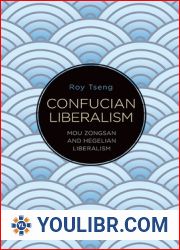
 49
49  3 TON
3 TON

